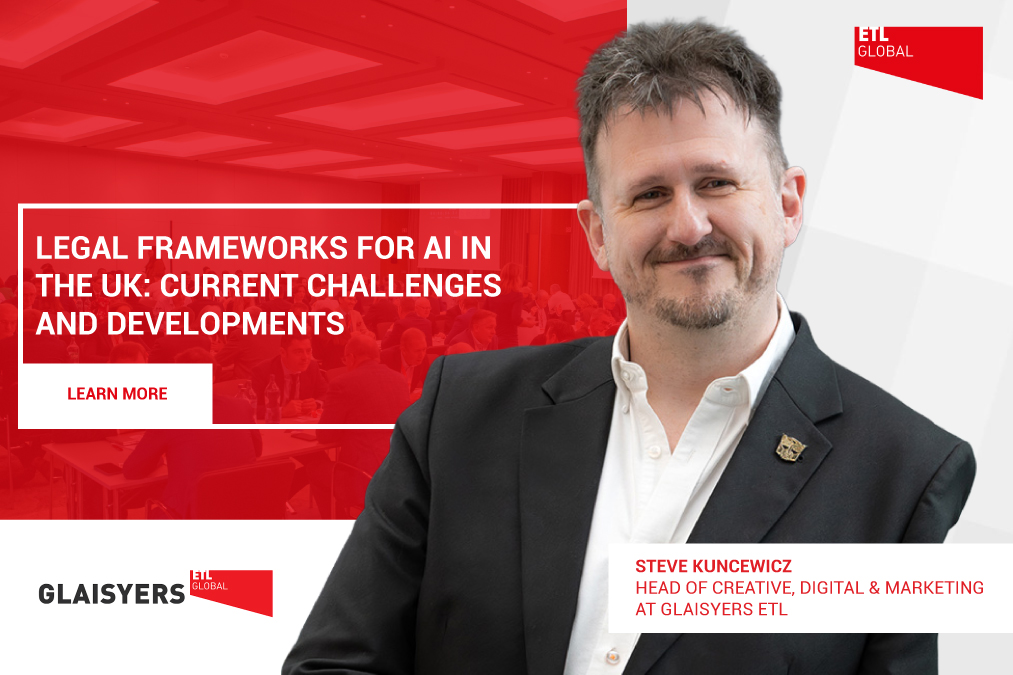As artificial intelligence systems become more advanced, the legal foundations supporting their use keep being tested. In the UK, the decision not to create AI-specific legislation has placed increasing pressure on regulators, courts, and businesses to interpret how existing legal principles apply to technologies that learn, adapt, and act independently.
In its latest paper, AI, Alignment, and Accountability, Glaisyers ETL explores the legal questions raised by modern AI, from how to assign responsibility when outcomes can’t be traced to a single human decision, to whether AI systems should eventually be given legal “personality.” The report also reviews current legal disputes involving copyright, data use, and transparency, highlighting how the existing rules are being applied in practice.





